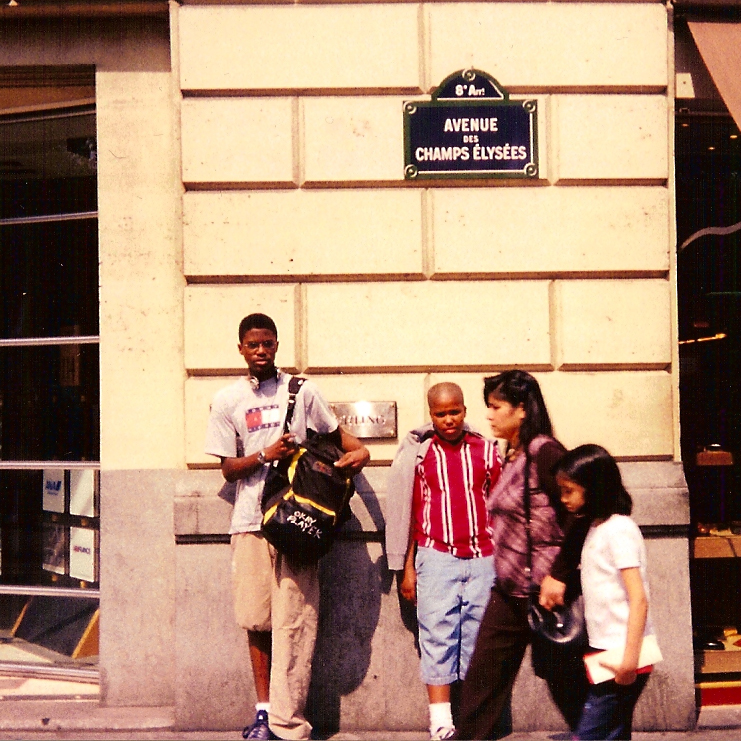The Way We Move is a free project that is intended to share some of the wisdom I’ve gleaned from simply talking to people about the world they live in. I’m blessed to know a lot of people who are doing things that inspire me, impress me, or give me hope. I chose six people to speak to face-to-face for this project. They’re writers and accountants, musicians and martial artists…
Rather than holding court on some subject or another or trying to solve some major issue, I spoke to these people about themselves and let the conversation be what it was gonna be. In the end, we discussed protesting, activism, punk music, defining our identities, cultural sabotage, video games, martial arts, and more.
The distance between what we expected back then and how we live now is where The Way We Move lives. Listen to one episode a day, like a vitamin.
♦♦♦
I spoke to Thomas Jackson of Fontana, CA about moving around as a kid, keeping a best friend, making music, touring with a band, and staying creative
https://baus.bandcamp.com/
♠♠♠
The Way We Move was recorded between September and December 2016 in Oakland, Portland, and New York City.
The intro and outro music is Insane Analog’s Somewhere Out There. Check out http://insaneanalog.com and https://soundcloud.com/insaneanalog, and look for new music from them in 2017.
The cover art features two brothers four thousand miles from home.
Podcast: Play in new window | Download
Subscribe: Apple Podcasts | RSS | More
